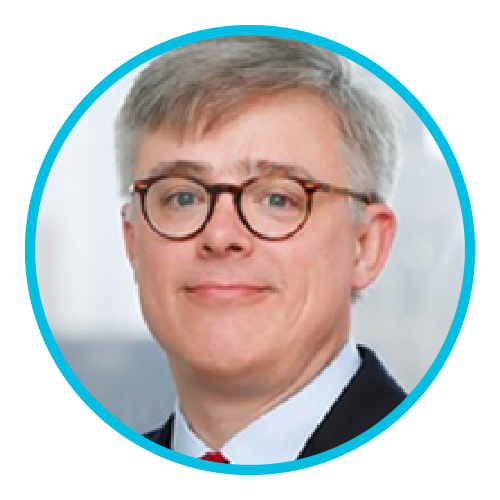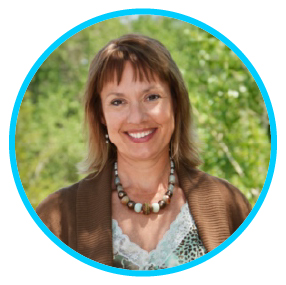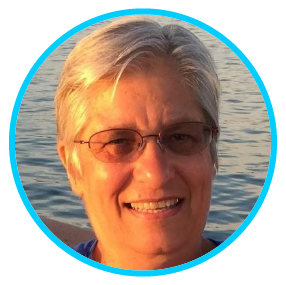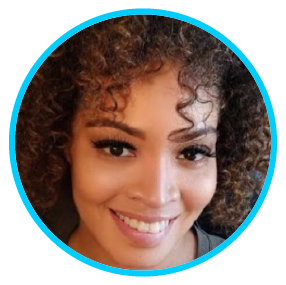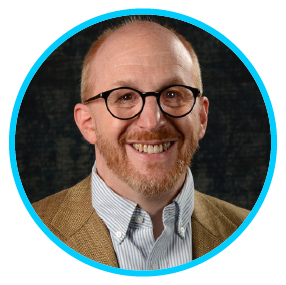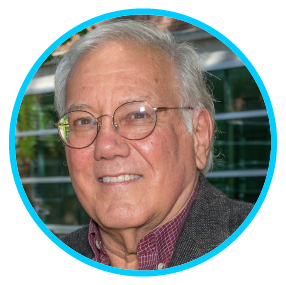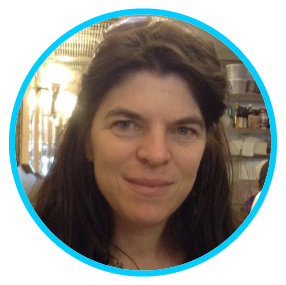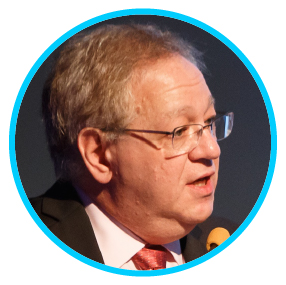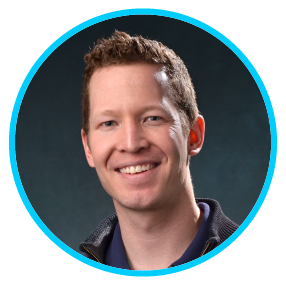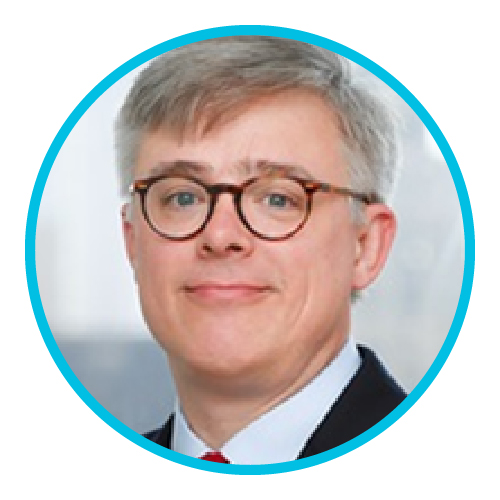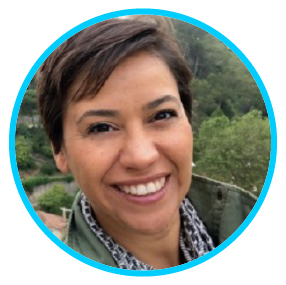Professional Learning Institutes
Houston National Conference on Science Education • April 2
Transform Your Teaching Through Curriculum-Based Professional Learning
Strengthen your content knowledge, while learning effective, research-based approaches that increase equitable participation and student achievement in the classroom at NSTA’s Professional Learning Institutes! During these immersive, half-day learning sessions, educators and leaders will explore how the choice of instructional materials can serve as a foundation for successful implementation of state standards. Join colleagues and leading experts in science education, professional learning, and instructional materials development for an opportunity to discuss important and timely topics in depth.
PLI registration (select from one of eight) includes...
- one half-day session
- invitation to a free, boxed-lunch session
- an additional morning or afternoon PLI can be purchased at the price of $65.
You must be registered for the 2022 Houston National Conference on Science Education in order to register for a Professional Learning Institute.
PLI Schedule
Morning
Saturday, April 2 • 8:00-10:45 AM CT
OpenSciEd Storyline Units: Supporting Three-Dimensional Learning Linked to Students’ Interests, Ideas, and Questions
Learn how the NextGen Science Storylines approach is implemented in the OpenSciEd Middle School Science Program. Storylines are coherent from the students’ perspective, where students see their science work as making progress on questions and problems their classroom has committed to address, rather than simply following directions from textbooks or teachers. Participants will experience key Storylines routines as a learner, reflect on them as an educator, and learn how they embody principles of equitable instructional design. As part of the reflection, participants will have the opportunity to analyze student work and classroom video. Examples will be drawn from Unit 6.4, “What Causes Earth’s Surface to Change?” and other middle school OpenSciEd units.
Key Takeaways
- How the OpenSciEd Storylines Instructional Model implements phenomenon-driven, three-dimensional science learning that connects to students’ own ideas and questions.
- How the OpenSciEd Storylines Instructional Model supports teacher learning and development.
- How the OpenSciEd Storylines Instructional Model supports equitable instruction.
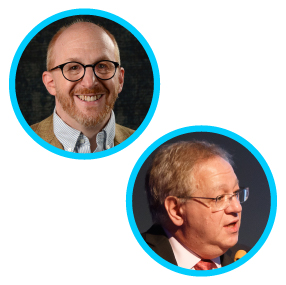
SPEAKERS
Daniel Edelson
Executive Director, BSCS Science Learning
Brian J. Reiser
Professor of Learning Sciences, Northwestern University
Saturday, April 2 • 8:00-10:45 AM CT
Project-Based Learning: Principles to Sustain Student Learning and Teacher Change In Practice
Have you wanted to implement a Project-Based Learning (PBL) unit in your classroom? Come engage in a PBL unit to learn the features of PBL and apply the principles of Multilingual Learner-PBL (ML-PBL) to support student engagement, social emotional learning (SEL), and equity. ML-PBL integrates ELA, math, and NGSS and provides supports for MLs language development.
Key Takeaways
- How features of PBL and the NGSS work together;
- Strategies for using formative, informal and summative assessment to guide teaching;
- Discourse supports for responsive teaching; and
- Making “principled adaptations” in ML-PBL.
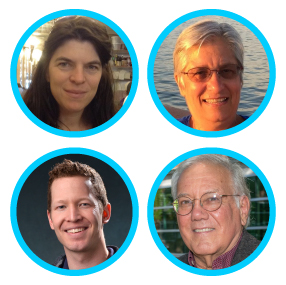
SPEAKERS
Emily Adah Miller
co-PI, Multiple Literacies in Project-based Learning
Sue Codere
Multiple Literacies in Project-Based Learning (ML-PBL) Project Director, CREATE for STEM at Michigan State University
Sam Severance
Assistant Professor of Science Education, University of California
Joe Krajcik
Professor of Science Education, Michigan State University College of Natural Science
Saturday, April 2 • 8:00-10:45 AM CT
Developing Instructional Materials Aligned to the Next Generation Science Standards for All Students, Including Multilingual Learners
The purpose of the session is to present our conceptual approach to developing yearlong NGSS-designed instructional materials that integrate science and language for all students, especially multilingual learners.
Key Takeaways
- Our conceptual framework integrates science and language with all students, including multilingual learners.
- Our design process leverages the synergy of NGSS performance expectations, phenomena (with a focus on local phenomena), and students (with a focus on multilingual learners).
- Our instructional materials benefited from teachers as co-participants while promoting their professional learning.
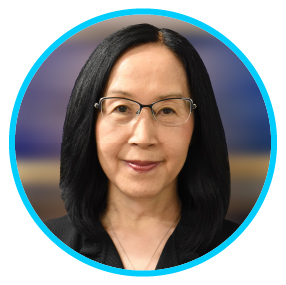
SPEAKER
Okhee Lee
Steinhardt School of Culture, Education, and Human Development, New York University
Saturday, April 2 • 8:00-10:45 AM CT
Curriculum Leadership for Next Generation Science
High-quality instructional materials (HQIM) designed for next generation science can make a difference in the quality of equitable science teaching and learning throughout the system and for all learners (i.e., for all leaders, teachers, and students). So how can HQIM designed for next generation science help? How can local leaders take a systems approach to the selection, broad and effective implementation, and sustained improvements offered by such materials?
Participants, working in teams or small groups, will consider these questions, system drivers, and key elements of curriculum leadership that result in effective, scaled, and sustained practices consistent with the vision of science teaching and learning set-forth by NRC’s Framework for K-12 Science Education.
Key Takeaways
- Leadership to promote the vision of science teaching and learning set-forth by NRC’s Framework for K-12 Science Education requires close examination of the system to uncover and attend to barriers and ensure systemic supports for improvement.
- Some aspects of our current system are supportive of the changes required to fully embrace new standards and approaches to teaching and learning; others are barriers and present challenges to achieving this vision of science teaching and learning.
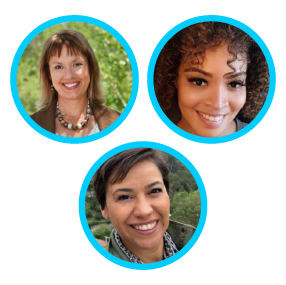
SPEAKERS
Jody Bintz
BSCS Science Learning
Jenine Cotton-Proby
BSCS Science Learning
Susan Gomez Zwiep
BSCS Science Learning


